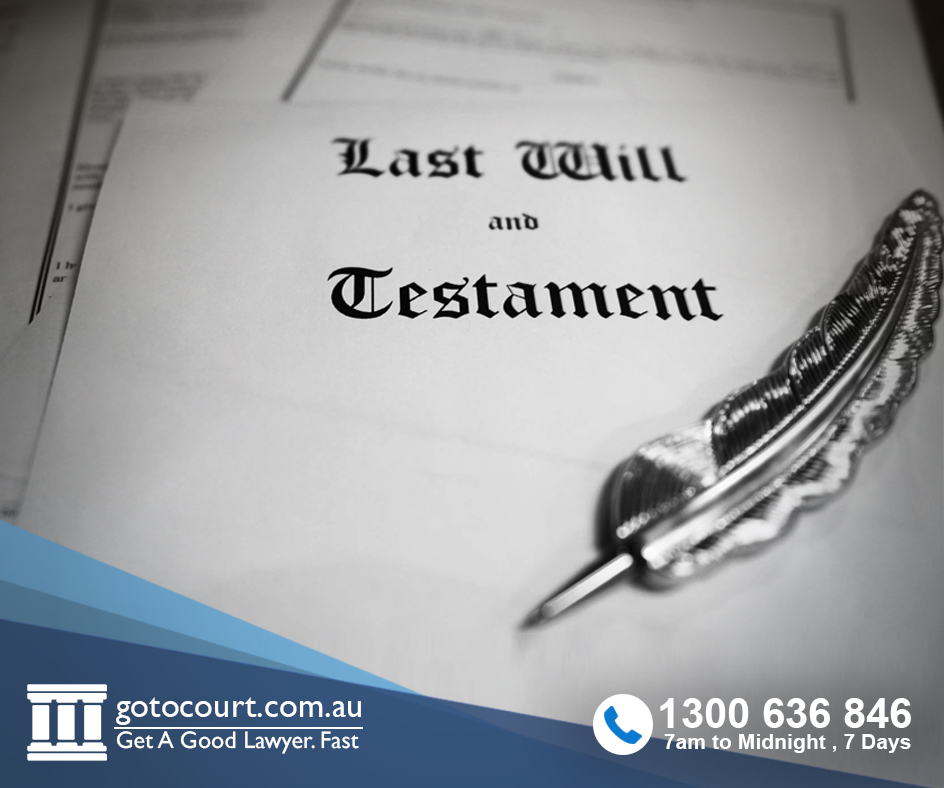Stamp Duty in Tasmania
Stamp duty is a levy or tax that is imposed by state and territory governments on certain kinds of transactions. The Tasmanian State Revenue Office is responsible for administering stamp duty in Tasmania. This page deals with Stamp duty in Tasmania.
Legislation
The rules for how stamp duty is imposed in Tasmania, including certain exemptions and concessions from stamp duty, are contained in the Duties Act 2001.
Stamp duty law can be very complex and to help members of the public understand their stamp duty obligations, the State Revenue Office often publishes guidance on its website.
Dutiable transactions
Stamp duty is imposed on dutiable transactions. This term is defined in section 9 of the Duties Act 2001 as including:
- land
- mineral tenements
- fixtures to land
- land use entitlements
- goods, where they are the subject of an arrangement that includes a dutiable transaction (subject to exceptions)
- an option to purchase dutiable property
A dutiable transaction does not have to occur in accordance with a written contract. It can also occur electronically.
Motor vehicle registrations are also subject to stamp duty, but under a separate set of rules that are not discussed in this article.
Other jurisdictions
Dutiable property is defined differently in different states and territories. This means that it sometimes makes more sense to do certain kinds of transactions in a particular jurisdiction. For example, shares in a company are not subject to stamp duty in Victoria, so a lot of companies are registered in Victoria.
How is stamp duty calculated?
The amount of stamp duty that is payable for a dutiable transaction is calculated based on the dutiable value of the dutiable property. Dutiable value generally means the greater of what is being paid for the property, and its market value free of other interests such as mortgages. General rates of duty then apply to that value. For example, if a person transfers land that is worth more than $725,000, the amount of stamp duty that is payable on the transfer is equal to the sum of $27,810 plus 4.5% for every $100 that is over $725,000. If the land was worth $500,000, the amount of duty is reduced to $12,935 plus 4.25% of every $100 that is over $325,000.
As is clear from the above examples, calculating stamp duty can be very complex and you should always seek legal advice.
Who pays the stamp duty?
The party who acquires the property (i.e. the purchaser or the transferee) is liable to pay the stamp duty. The amount must be paid within three months of the dutiable transaction occurring.
Stamp duty is generally paid by lodging the transaction document with the State Revenue Office. With the contract, a cheque equal to the amount of duty is lodged. Sometimes a lodgement form may also be required.
If a party fails to take these steps within the three-month timeframe, they may be liable to pay penalties or interest for the late payment, so you should ensure you get a lawyer to help you fulfil these steps.
After the documents have been lodged, the State Revenue Office will stamp them to show that stamp duty has been paid and return the documents. Always ensure you give the State Revenue Office your contact details as the office may disagree with your calculation of the stamp duty and may need to contact you.
Exemptions and concessions
Some transactions are either exempt from stamp duty altogether or attract a lower rate of stamp duty. These are called exemptions and concessions.
An example of a transaction that is exempt from stamp duty is a transfer of certain types between married people or a transfer that occurs following a divorce.
In Tasmania, first home buyers who purchase established homes receive a 50 per cent discount on stamp duty provided the value of the home is less than $600,000.
Pensioners are not entitled to any specific duty exemptions or concessions in Tasmania.
If you require legal advice or representation in any legal matter, please contact Go To Court Lawyers.








